

Articles
Why Are Chimney Sweeps Lucky
Modified: August 28, 2024
Discover the fascinating history behind why chimney sweeps are considered lucky in this collection of articles that explore the superstitions and traditions surrounding this profession.
(Many of the links in this article redirect to a specific reviewed product. Your purchase of these products through affiliate links helps to generate commission for Storables.com, at no extra cost. Learn more)
Introduction
In many cultures and societies around the world, there are certain professions and objects that are believed to bring good luck. One such profession that has accumulated a reputation for being incredibly fortunate is that of a chimney sweep. Despite its humble nature, a chimney sweep has come to be associated with luck and good fortune.
The history of chimney sweeps and their connection to luck can be traced back centuries. In this article, we will explore the origins of this belief, the symbolism associated with chimney sweeps, and the various superstitions and cultural references that have perpetuated this association. So, grab your broom and prepare to delve into the fascinating world of chimney sweeps and their luck-bearing status.
But first, let us take a step back and understand who chimney sweeps are and what their role entails.
Chimney sweeps are individuals who are trained to clean and maintain chimneys. Their job is to remove soot, debris, and potential blockages from chimneys, ensuring the safe and efficient operation of various heating systems. Historically, chimney sweeps were crucial for preventing fires and carbon monoxide poisoning, as unclean chimneys could lead to hazardous situations.
Now that we have established the profession, let’s delve into the historical context and discover how chimney sweeps became associated with good luck.
Key Takeaways:
- Chimney sweeps are considered lucky due to their historical role in preventing chimney fires and maintaining the functionality of heating systems, as well as their association with purification and positive energy.
- Beliefs and superstitions surrounding chimney sweeps have become ingrained in cultural traditions, from weddings and new home blessings to New Year celebrations and the blessing of newborns, highlighting their enduring connection to luck and good fortune.
Read more: How To Do Chimney Sweeping
History of Chimney Sweeps
The history of chimney sweeps dates back to the 16th century in Europe, particularly in England. During this time, the Industrial Revolution brought about a surge in urbanization and the construction of numerous buildings with chimneys. As the demand for heating and ventilation increased, so did the need for chimney sweeps to keep these structures clean and functional.
Chimney sweeping was a hazardous and physically demanding job, often performed by young boys known as “climbing boys” or “sweeping boys.” These boys were usually orphans or from impoverished families, and they were employed by master sweeps to crawl inside narrow and dirty chimneys to clean them out. They used brushes, scrapers, and other tools to remove soot and debris.
This practice of using young boys as chimney sweeps continued for several centuries, despite the harsh conditions they faced. Many climbing boys suffered from respiratory illnesses, physical injuries, and even cancer due to prolonged exposure to soot and toxic gases.
Although chimney sweeps had a challenging and dangerous occupation, they were also seen as saviors. Their role in preventing fires and maintaining the safety of households made them essential members of the community. People relied on chimney sweeps to protect their homes and families from the risk of chimney fires and carbon monoxide poisoning.
As time went on, advancements in technology and the passage of various chimney sweep reforms led to the decline of child labor in this industry. The use of mechanical brushes and the introduction of labor laws helped improve working conditions for chimney sweeps.
Today, chimney sweeping is a highly regulated profession, with trained professionals using state-of-the-art equipment to clean and maintain chimneys. Despite the evolution of this profession, the legacy of chimney sweeps and their association with good luck and fortune remains strong.
Symbolism of Chimney Sweeps as Lucky
The association of chimney sweeps with luck can be attributed to several symbolic factors. One of the key reasons is the idea that chimney sweeps bring good fortune by preventing chimney fires and maintaining the proper functioning of heating systems.
Chimneys, in many cultures, are often seen as a gateway for communication between the earthly and spiritual realms. A clean and well-maintained chimney is believed to provide a clear channel for positive energy to flow into a home or building. By ensuring the cleanliness and functionality of chimneys, chimney sweeps are thought to safeguard against negative energies and bring luck and blessings to the occupants.
Furthermore, chimney sweeps are commonly associated with the element of fire. Fire has long been seen as a symbol of transformation and purification across different cultures. The act of cleaning chimneys, which are closely connected to fireplaces and heating systems, can be seen as a transformative process that removes impurities and cleanses the living space. In this sense, chimney sweeps are seen as purifiers, bringing luck and positive energy into homes.
Another reason for the association of chimney sweeps with luck is rooted in folklore and old wives’ tales. It is believed that encountering a chimney sweep or seeing a chimney sweep on your wedding day is a fortuitous sign. This belief originated from an old legend involving King George III of England. According to the tale, the king was riding in his carriage when a runaway horse startled the horses pulling his carriage. A passing chimney sweep bravely stepped in to avert the disaster, saving the king’s life. As a token of gratitude, the king declared that chimney sweeps should be regarded as bearers of good luck and invited one to his daughter’s wedding. Since then, the presence of a chimney sweep at a wedding is considered to bring happiness, prosperity, and fertility to the newlyweds.
Additionally, the image of a chimney sweep is often associated with cleanliness and purity. Sweeping away the soot and debris from chimneys is seen as a symbol of removing negativity and creating a fresh start. In this regard, chimney sweeps are seen as harbingers of good luck, especially at the beginning of the new year or when moving into a new home.
The symbolism of chimney sweeps as lucky is further perpetuated through various cultural traditions and customs. In some countries, it is customary to touch the button or cuff of a chimney sweep’s uniform for good luck. People also imitate the gesture of shaking hands with a chimney sweep, symbolizing the transfer of positive energy and fortune.
Overall, the symbolism of chimney sweeps as lucky stems from their role in fire safety, their association with purification, and the folklore and customs surrounding them. Their presence is believed to bring positive energy, good fortune, and blessings into homes and special occasions.
Chimney sweeps are considered lucky because they have been associated with good fortune and protection from harm since ancient times. In some cultures, encountering a chimney sweep is believed to bring good luck and prosperity.
Beliefs and Superstitions Surrounding Chimney Sweeps
The association of chimney sweeps with luck has given rise to various beliefs and superstitions that have been passed down through generations. Here are some intriguing beliefs surrounding chimney sweeps:
- Wedding Day Luck: As mentioned earlier, it is believed that seeing a chimney sweep on your wedding day brings good luck and prosperity to the marriage. This belief is particularly prominent in European cultures and has become a popular tradition at weddings.
- New Home Blessings: When moving into a new home, it is considered auspicious to invite a chimney sweep to conduct a special blessing ceremony. The chimney sweep is believed to cleanse the house of any negative energies and bring good luck to the new occupants.
- New Year Celebrations: In some cultures, it is customary to hire a chimney sweep to sweep the fireplace at the stroke of midnight on New Year’s Eve. This act symbolizes the sweeping away of the old year’s troubles and welcoming the new year with a clean slate and good fortune.
- Birth and Child Blessings: Chimney sweeps are often associated with fertility and the blessing of newborns. It is believed that having a chimney sweep visit a home with a new baby brings good fortune, happiness, and health to the child.
- Good Fortune Tokens: In certain traditions, people keep small chimney sweep figurines or charms as good luck tokens. These tokens are believed to bring positive energy, protection, and prosperity to the household.
- Touching Chimney Sweep Buttons: A common superstition is to touch the buttons or cuff of a chimney sweep’s uniform for good luck. This act is believed to transfer the sweep’s luck and blessings onto the person touching the button.
- Unexpected Meetings: It is said that if you unexpectedly cross paths with a chimney sweep, it is a sign of imminent good luck and positive changes in your life.
These beliefs and superstitions surrounding chimney sweeps highlight the enduring connection between their profession and good fortune. The rituals and customs associated with chimney sweeps reflect a collective desire for luck and positive energy in various aspects of life, including weddings, new homes, and the well-being of newborns.
While these beliefs may be rooted in folklore and superstition, they continue to be cherished and practiced by many individuals who hold a deep belief in the power of chimney sweeps to bring luck and blessings into their lives.
Chimney Sweeps in Literature and Culture
The symbolism and association of chimney sweeps with luck have found their way into literature, art, and popular culture. Here are a few notable examples:
- Mary Poppins: One of the most iconic and enduring depictions of chimney sweeps is found in the beloved children’s book series and subsequent film adaptations of “Mary Poppins.” The character Bert, portrayed by Dick Van Dyke in the 1964 film, is a charismatic chimney sweep who brings joy and magic into the lives of the Banks family.
- Charles Dickens’ “Oliver Twist”: In this classic novel by Charles Dickens, the character of Oliver Twist encounters a kind-hearted chimney sweep named Mr. Gamfield. Despite the grim conditions of Oliver’s life, Mr. Gamfield brings a spark of hope and compassion to the story.
- “Sootface: A Cinderella Story”: This Native American retelling of the Cinderella tale features a chimney sweep as the magical helper. In the story, the protagonist transforms into a chimney sweep to escape the cruelty of her stepsisters and ultimately finds her happily ever after.
- Folklore and Nursery Rhymes: Chimney sweeps have been mentioned in various nursery rhymes and folk tales. For example, the nursery rhyme “The Chimney Sweep” speaks to the tradition of touching a chimney sweep for luck. Additionally, chimney sweeps are often associated with luck in Grimm Brothers’ fairy tales, where they assist characters on their journeys or play a pivotal role in their redemption.
- Iconic Artistic Depictions: Chimney sweeps have been immortalized in visual arts. Paintings, illustrations, and sculptures often feature chimney sweeps as symbols of resilience, luck, and even innocence. These artistic renderings captured the imagination of many, elevating the symbolic status of chimney sweeps.
Chimney sweeps have also become a popular symbol in advertising and branding, representing concepts such as cleanliness, good luck, and trustworthiness. Their images can be seen in chimney sweep logos, advertisements for chimney services, and even on chimney sweep-themed merchandise.
Throughout literature and popular culture, chimney sweeps have been portrayed as characters who bring magic, kindness, and transformation. Their portrayal as lucky figures has resonated with audiences of all ages and continues to inspire imagination and intrigue.
Read more: How Old Were Chimney Sweeps
Conclusion
The belief in chimney sweeps as lucky figures has endured for centuries, transcending cultures and generations. These humble individuals who dedicate themselves to keeping chimneys clean and safe have come to represent far more than just a profession. They embody hope, transformation, and the promise of good fortune.
The symbolism of chimney sweeps as bringers of luck can be traced back to their historical role in preventing chimney fires and maintaining the functionality of heating systems. Their association with purification, the element of fire, and their involvement in folklore and customs further solidifies their reputation as lucky charms.
Beliefs and superstitions surrounding chimney sweeps have become ingrained in cultural traditions, from weddings and new home blessings to New Year celebrations and the blessing of newborns. The presence of a chimney sweep is seen as a catalyst for positive energy, prosperity, and happiness in various aspects of life.
Chimney sweeps have also left their mark on literature, art, and popular culture. Through iconic characters in books and films, they have charmed audiences and sparked imagination. Their portrayal as magical helpers and symbol of resilience has further cemented their association with luck and transformation.
While the role of chimney sweeps may have evolved over time with stricter regulations and improved working conditions, their enduring connection to luck and good fortune remains. They continue to be celebrated and sought after for their symbolic value and the positive energy they are believed to bring into homes and special occasions.
So, the next time you see a chimney sweep or encounter their image in literature or culture, take a moment to appreciate the rich history and symbolism they carry. Embrace the belief in their luck-bringing abilities, and perhaps, you too will find yourself on the receiving end of their blessings.
Frequently Asked Questions about Why Are Chimney Sweeps Lucky
Was this page helpful?
At Storables.com, we guarantee accurate and reliable information. Our content, validated by Expert Board Contributors, is crafted following stringent Editorial Policies. We're committed to providing you with well-researched, expert-backed insights for all your informational needs.
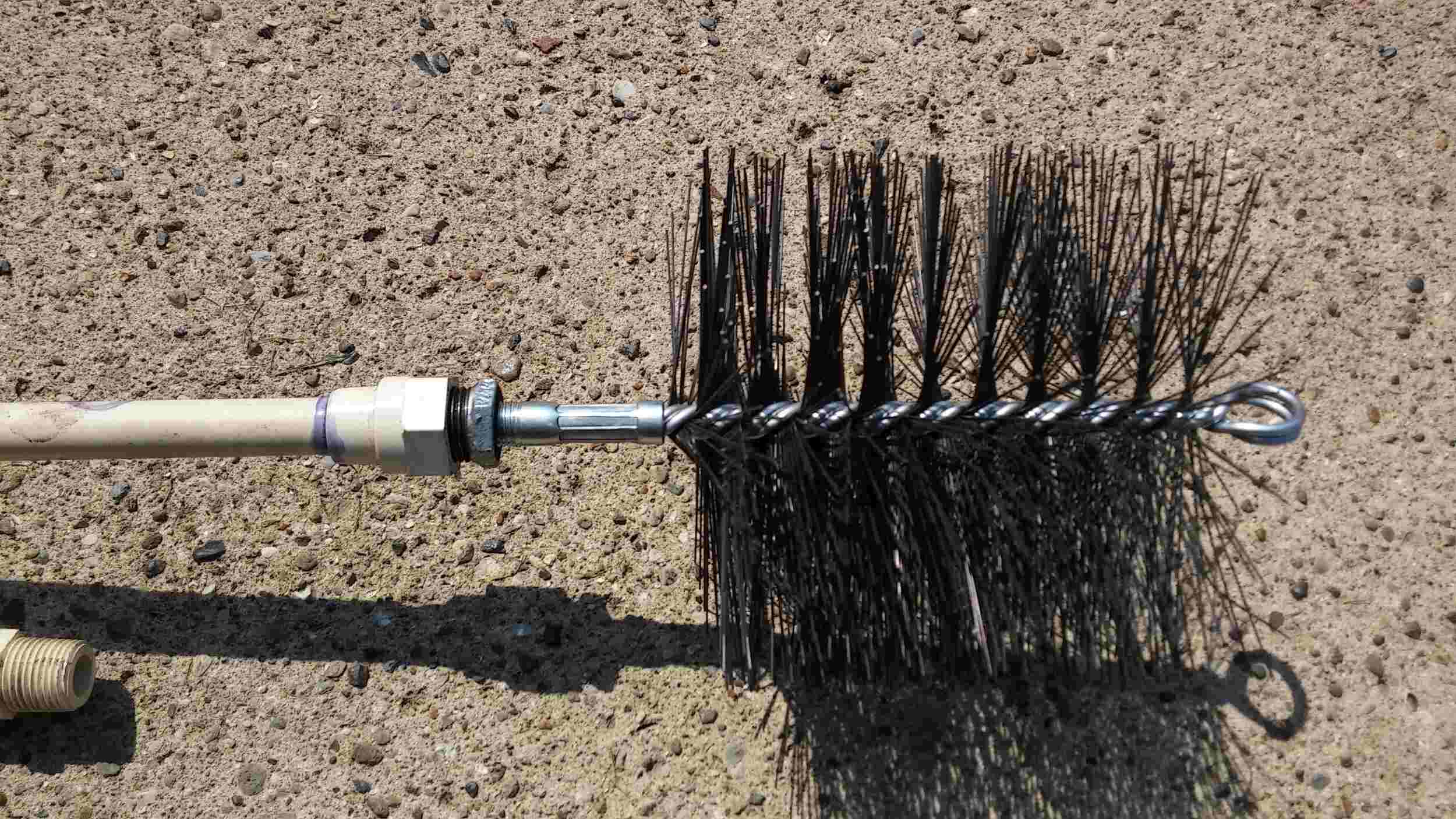

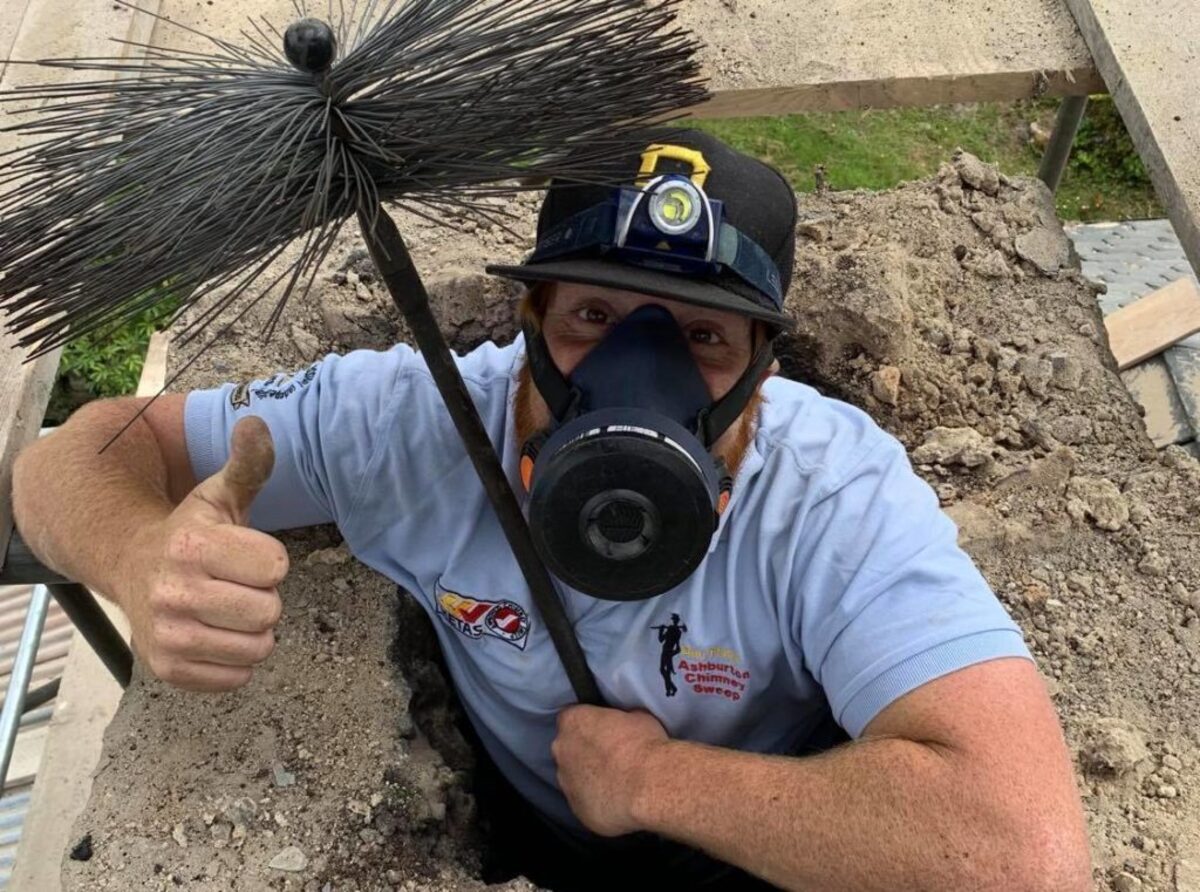
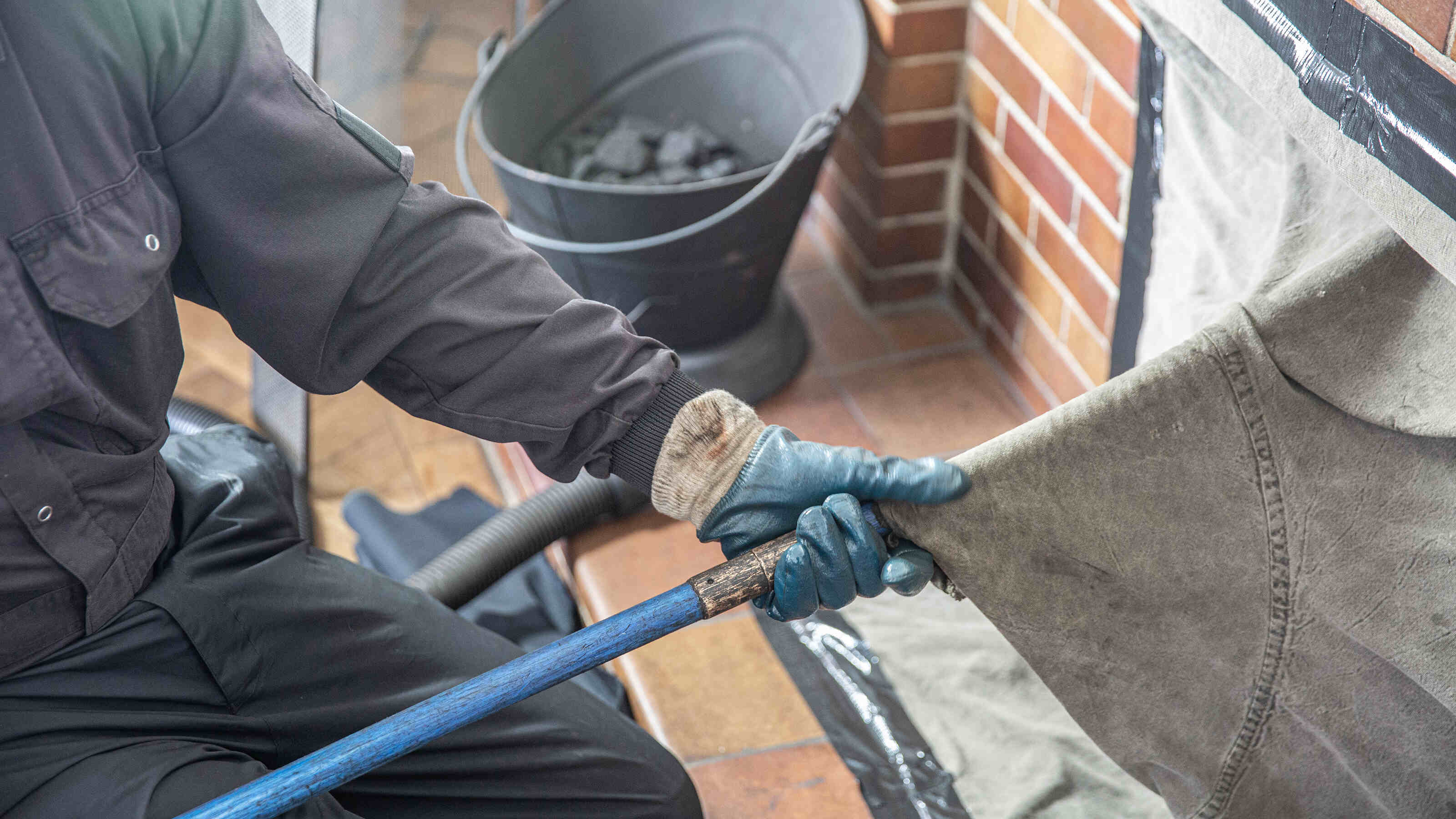

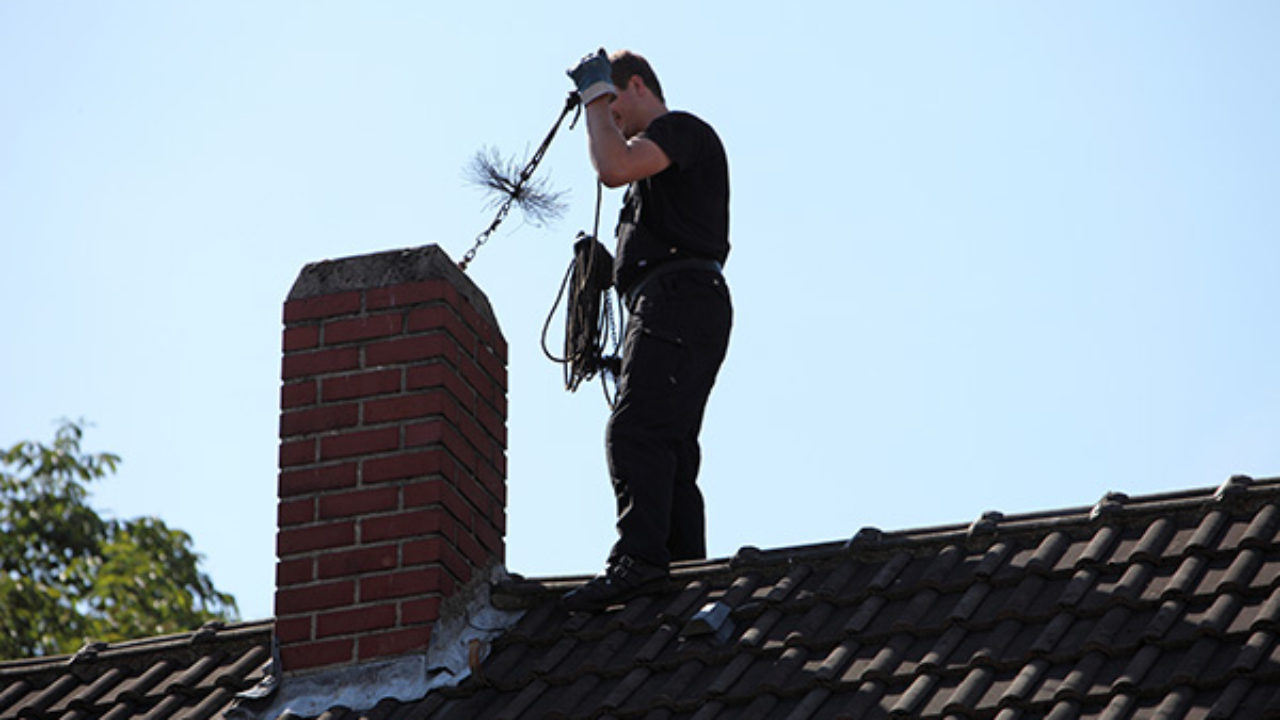

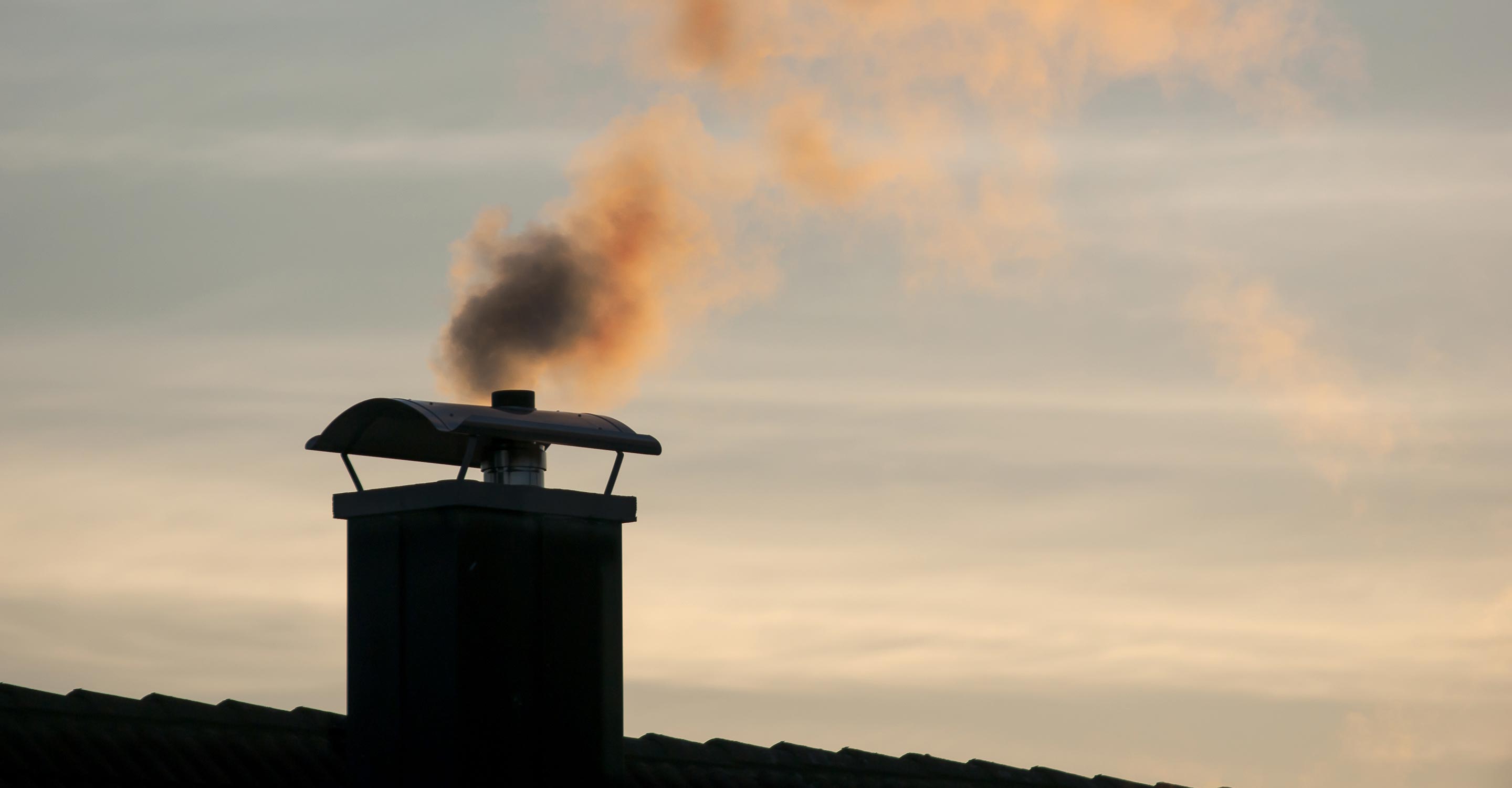

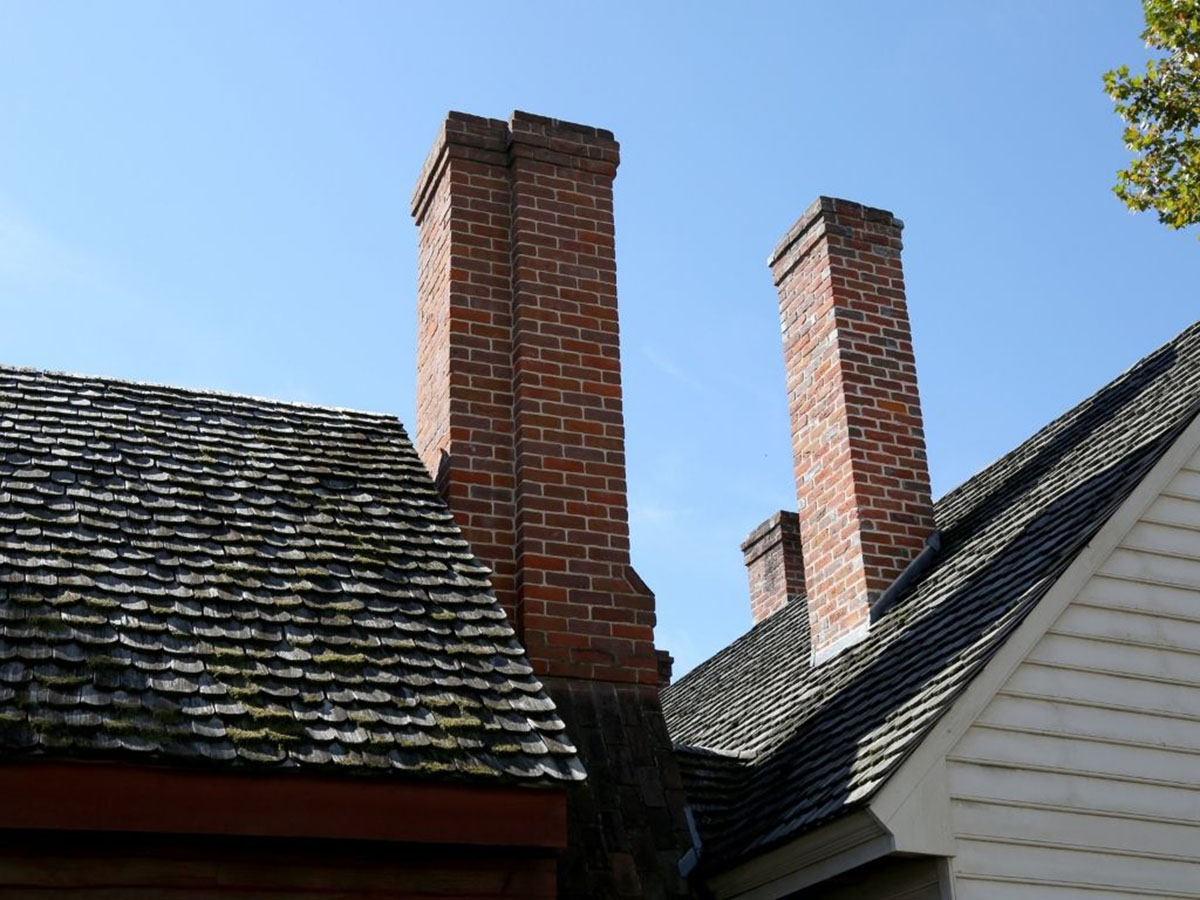
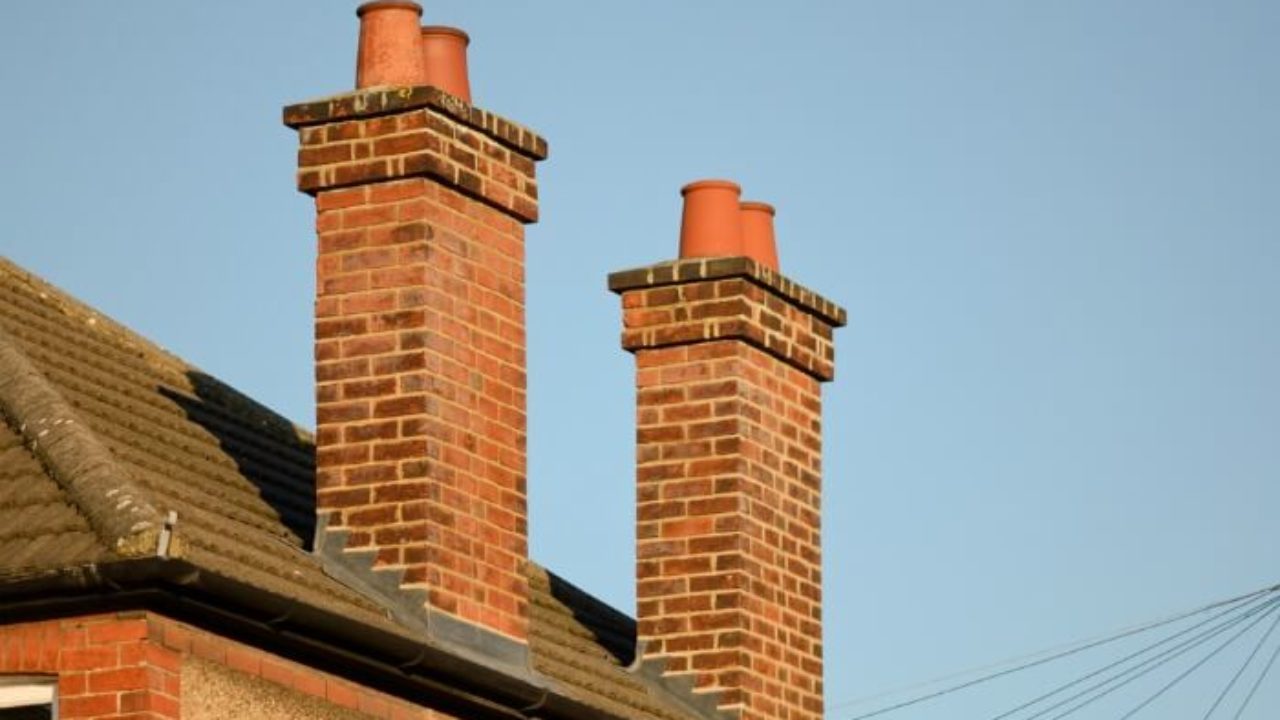

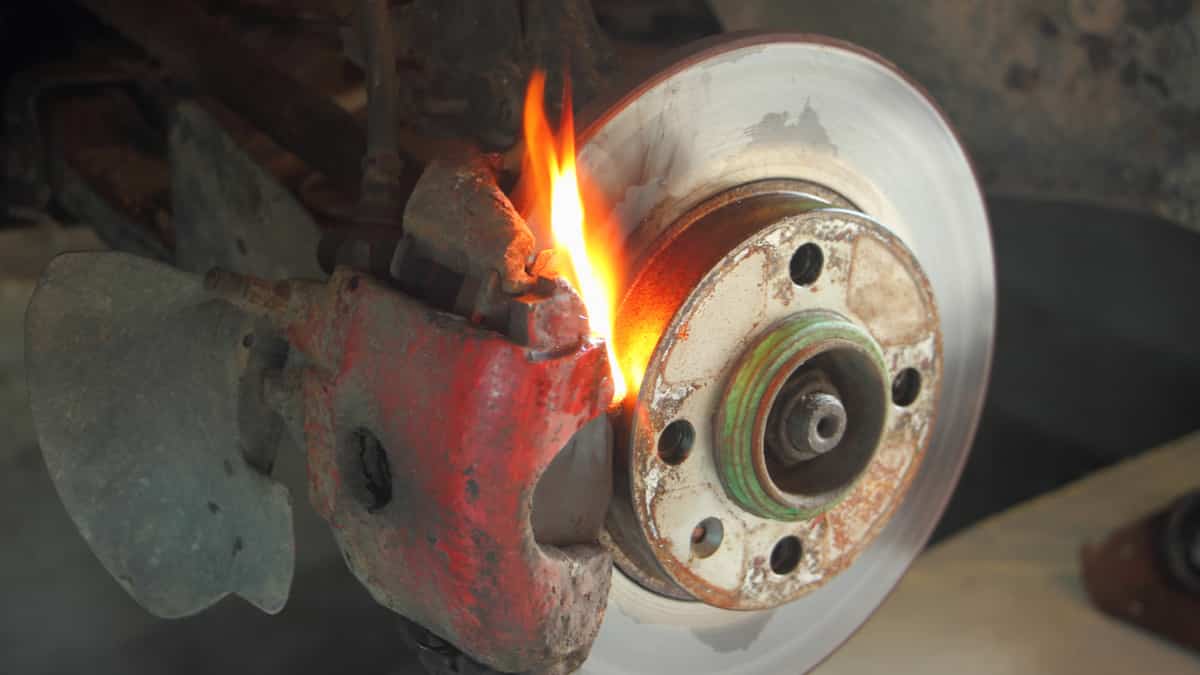
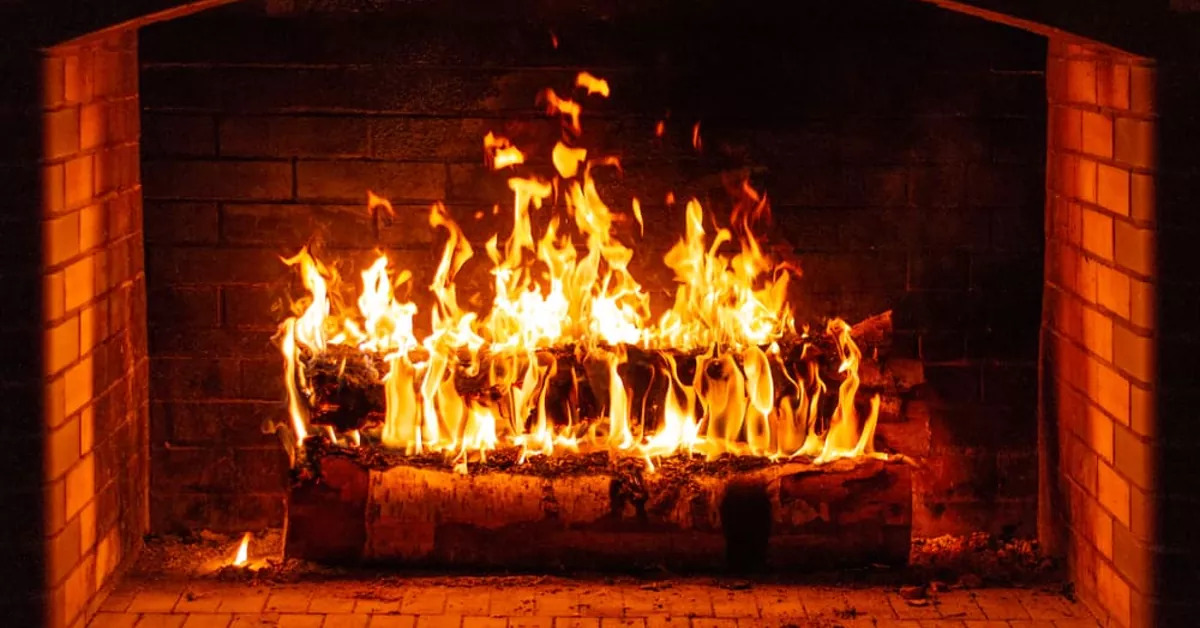

0 thoughts on “Why Are Chimney Sweeps Lucky”